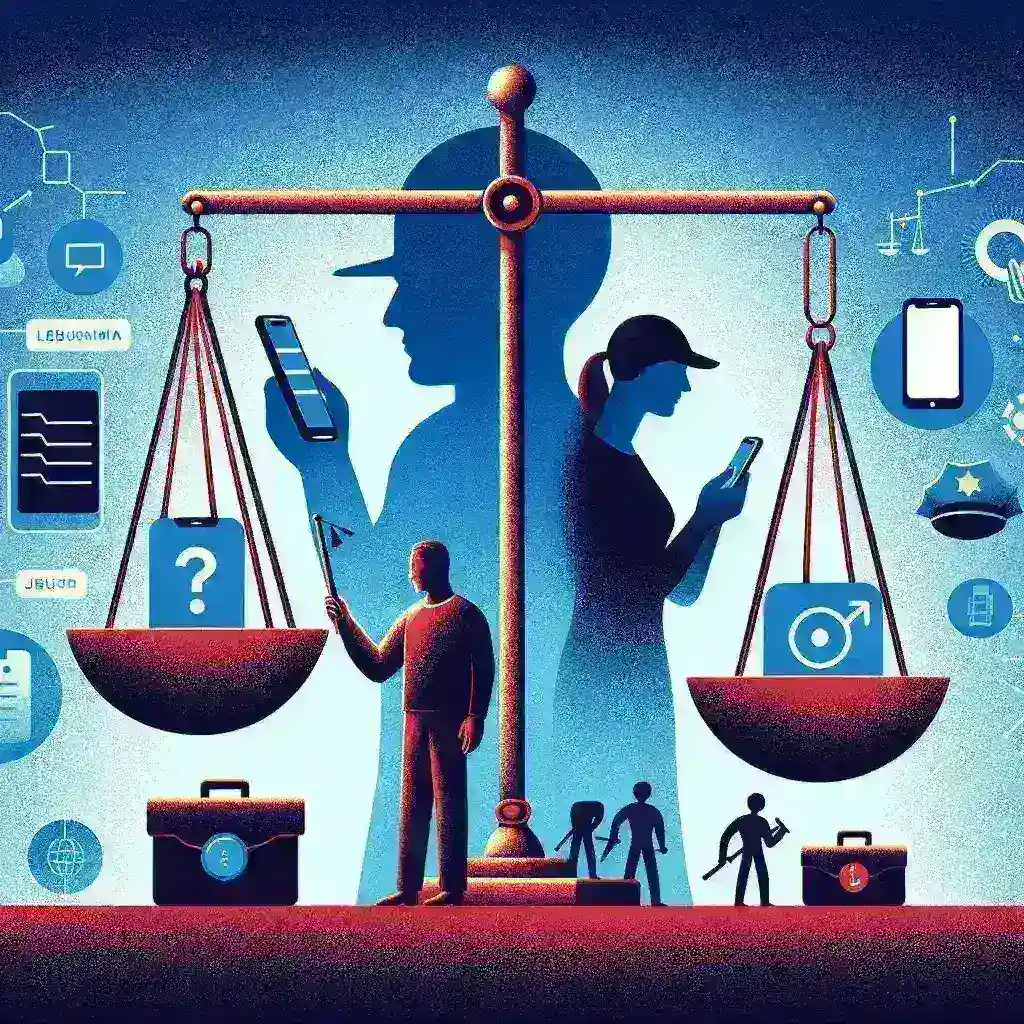Understanding the U.S. Department of Labor Guidance on Worker Data in Gig Apps
The gig economy has reshaped the traditional workforce landscape, introducing new opportunities and challenges for both workers and companies. Recently, the U.S. Department of Labor (DOL) issued guidance aimed at clarifying how companies operating gig apps should handle worker data. This article delves into the implications of this guidance, providing a comprehensive overview of its contents, significance, and potential future impacts on the gig economy.
The Rise of the Gig Economy
Over the last decade, the gig economy has experienced exponential growth, with millions of workers engaging in flexible jobs through platforms like Uber, Lyft, and DoorDash. This model allows individuals to earn income while enjoying the flexibility of choosing their working hours. However, it has also raised significant questions regarding worker rights, data privacy, and fair compensation.
Historical Context
Historically, gig workers have often been classified as independent contractors, which limits their access to traditional employment benefits like health insurance, retirement plans, and unemployment insurance. The DOL’s recent guidance aims to address some of these disparities, emphasizing the importance of protecting gig workers’ data and ensuring they receive fair treatment.
Key Aspects of the DOL Guidance
The new guidance from the DOL outlines several critical points regarding worker data protection and management:
- Transparency: Companies must be transparent about how worker data is collected, used, and shared. Clear communication regarding data practices fosters trust between workers and employers.
- Data Security: Organizations are responsible for implementing robust security measures to protect worker data from unauthorized access and breaches. This includes encryption and secure data storage solutions.
- Worker Rights: Gig companies must ensure that workers are aware of their rights concerning data privacy and protection. This includes providing workers with access to their data and the ability to delete it if desired.
- Compliance with Regulations: Companies must adhere to state and federal regulations regarding worker data privacy, ensuring they meet legal requirements to protect sensitive information.
Implications for Gig Workers
The DOL’s guidance has significant implications for gig workers. By emphasizing data transparency and security, gig workers may feel more secure about their personal information. Furthermore, this guidance could lead to improved working conditions and fairer compensation as companies align their practices with the new standards.
Pros and Cons of the Guidance
As with any regulatory change, there are pros and cons associated with the DOL’s guidance:
- Pros:
- Increased data protection for gig workers.
- Enhanced transparency improves trust between workers and platforms.
- Potential for better working conditions and compensation as companies adjust to new standards.
- Cons:
- Compliance may require significant investment from gig companies, potentially increasing operational costs.
- Some smaller gig platforms may struggle to meet the new requirements, leading to market consolidation.
Future Predictions for the Gig Economy
As the gig economy continues to evolve, the DOL’s guidance may set a precedent for future regulations. Here are some predictions:
- Increased Regulation: As more data breaches occur, we can expect further regulations concerning data privacy and worker treatment in the gig economy.
- Shift Towards Employee Status: The guidance may push more gig workers towards being classified as employees rather than independent contractors, granting them access to benefits and protections.
- Technological Integration: Companies will likely invest in technology to enhance data security and compliance, leading to the development of more secure gig platforms.
Real-World Examples
Several major gig companies have already started to adapt to the DOL’s guidance:
- Uber: Recently, Uber announced enhancements to its data protection policies, ensuring that drivers have more control over their personal information.
- Lyft: Lyft has implemented new security measures to safeguard rider and driver data, showcasing their commitment to user privacy.
Cultural Relevance
The DOL’s guidance resonates deeply in today’s cultural climate, where data privacy concerns are at the forefront of public discourse. With high-profile data breaches and increasing awareness of personal data rights, gig workers are rightfully demanding better practices from the platforms they depend on.
Conclusion
The U.S. Department of Labor’s guidance on worker data in gig apps represents a crucial step forward in ensuring the safety and rights of gig workers. As the gig economy continues to grow, it is essential for companies to adapt to these new standards, fostering an environment of transparency, security, and respect for workers. By taking these measures, we can hope for a future where gig workers enjoy the same protections as traditional employees, paving the way for a healthier and fairer gig economy.
